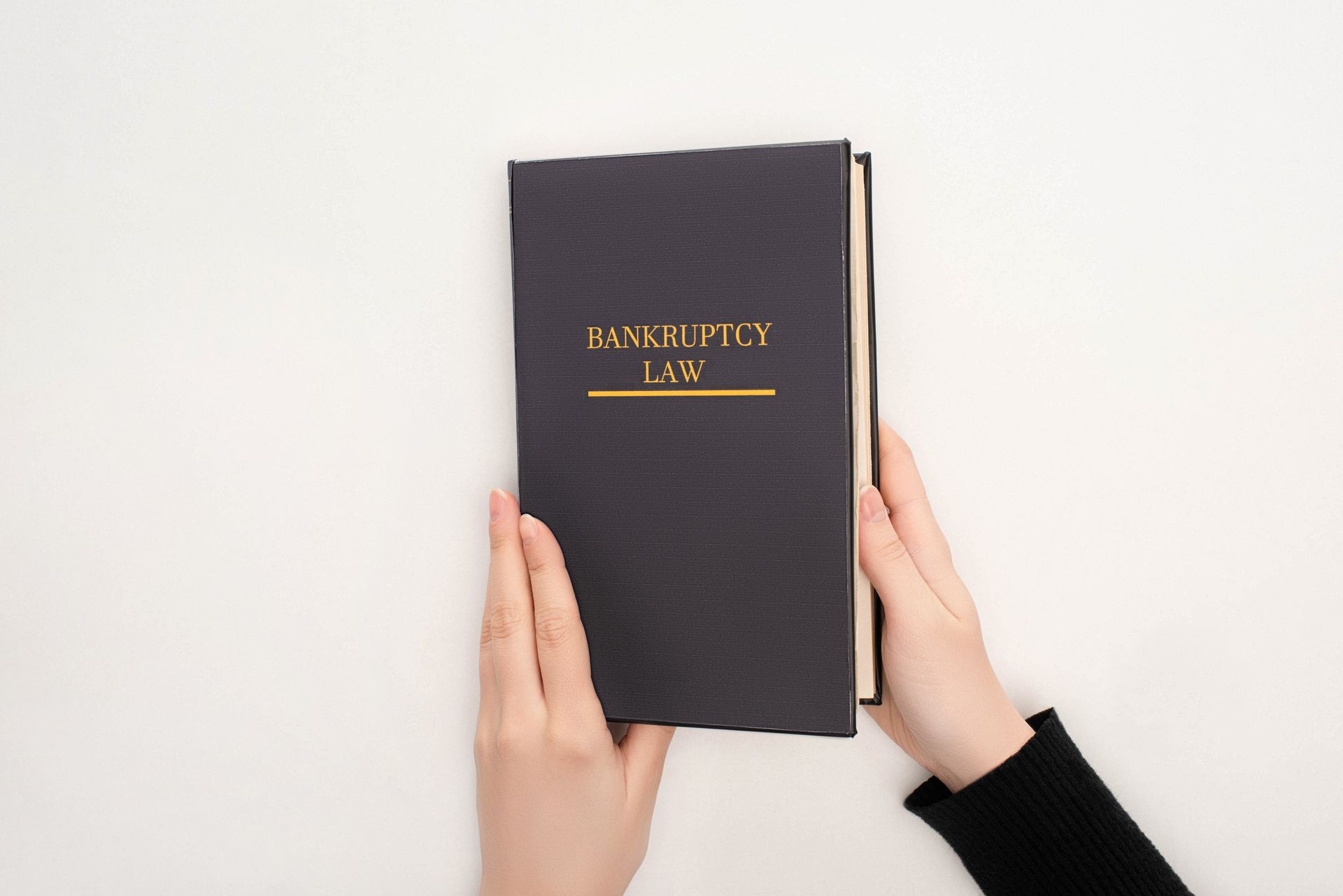What is the Difference Between Chapter 7 and Chapter 13 Bankruptcy in Michigan?
What is the Difference Between Chapter 7 and Chapter 13 Bankruptcy in Michigan?
If you're struggling with debt in Michigan, filing for bankruptcy may be an option to get a fresh financial start. The two most common types of bankruptcy for individuals are Chapter 7 and Chapter 13, each offering distinct advantages depending on your situation. At Ronald Siegel, PC, we assist the Michigan public with bankruptcy matters and guide you in choosing the best option for your financial recovery.
Chapter 7 Bankruptcy: Liquidation
Chapter 7 bankruptcy, also known as
liquidation bankruptcy, is designed for individuals with little or no disposable income who cannot repay their debts. Under Chapter 7, non-exempt assets may be sold to pay off creditors, and most unsecured debts, such as credit card debt and medical bills, are discharged.
Key Features of Chapter 7:
- Quick process: Typically completed in a few months, Chapter 7 allows for faster relief from debt.
- Debt discharge: Most unsecured debts are eliminated, giving you a clean slate.
- Income qualification: To file for Chapter 7, you must pass a means test to determine if your income is low enough to qualify.
- Asset liquidation: Some non-exempt assets may be sold to repay creditors, but Michigan exemptions allow you to keep certain essential property, such as your home or car.
Chapter 13 Bankruptcy: Repayment Plan
Chapter 13 bankruptcy, also known as
reorganization bankruptcy, allows individuals with a steady income to reorganize their debts into a manageable repayment plan. Instead of liquidating assets, Chapter 13 enables you to keep your property while paying back creditors over three to five years.
Key Features of Chapter 13:
- Repayment plan: You create a court-approved plan to repay a portion of your debts over several years.
- Keep your assets: Unlike Chapter 7, Chapter 13 allows you to keep your property, including non-exempt assets, as long as you adhere to the repayment plan.
- Avoid foreclosure: Chapter 13 can help you catch up on missed mortgage payments and avoid losing your home.
- Longer process: While it takes longer to complete, Chapter 13 offers more flexibility for those who need time to pay off debts.
Which Option is Right for You?
- Chapter 7 is best suited for those with limited income, significant unsecured debt, and few valuable assets.
- Chapter 13 is ideal for individuals with a stable income who want to keep their property and need time to repay their debts.
How Ronald Siegel, PC Can Help
At Ronald Siegel, PC, we understand that deciding between Chapter 7 and Chapter 13 bankruptcy can be overwhelming. Our experienced legal team is here to guide you through the process, evaluate your financial situation, and help you choose the right option for a brighter financial future.
If you’re considering bankruptcy in Michigan, contact Ronald Siegel, PC today to schedule a consultation and learn how we can assist you with your bankruptcy case.










